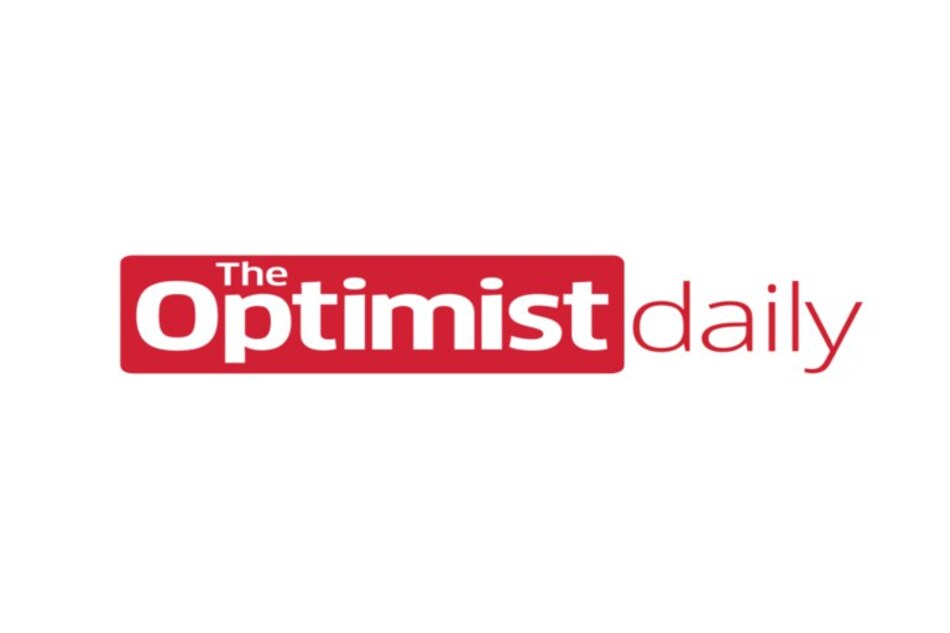“…paying dividends from wealth we own together is a practical, market-based way to assure the survival of a large middle class.” – Peter Barnes
By Kristy Jansen
The United States of America has faced sky-rocketing income disparity for decades, and this issue has been gaining more attention with the 2020 presidential election only one year away. Andrew Yang, a 44-year-old Democratic entrepreneur, is making his way up the polls through a very popular idea: universal basic income (UBI). With Yang popularizing the decades-old idea, and with the middle and lower classes being increasingly challenged in the face of the American economic system, UBI has been entering the zeitgeist. To understand UBI and why it will be beneficial to provide adult citizens with money each month, $1000 under Yang, for example, it is essential to understand two main ideas: UBI to reduce income disparity and UBI as a freedom dividend.
Peter Barnes, in his book With Liberty and Dividends for All, clarifies the concepts of UBI in relation to income disparity and freedom dividends. He argues in favor of UBI, an idea that has been around for decades but is only recently gaining traction as a force of a trend toward a more financially equitable land. Barnes explores the argument that the current economy cannot sustain a massive middle class for much longer, and while UBI will not solve all of America’s issues, it will do more than any other solution that is currently out there. He clearly lays out the power of UBI to stabilize the middle class by creating a basic income via common property shares and dividends.
In introducing the need for an economic reformation through UBI, Barnes writes:
America today is on the brink of losing its historic vision. From our beginnings we aspired to build a meritocratic middle class, and by the mid-twentieth century we had substantially done so. Though millions of Americans remained marginalized, our median income—the income that half of Americans earn more than—was enough for a family to live comfortably on, often with only one wage earner. Further, most Americans assumed that their children would live better than they did—in other words, that our broad middle class would not only survive but expand.
“But that’s not what happened. As we approached and then entered the twenty-first century, our economy continued to grow, but almost all of its gains flowed to a wealthy few. This disturbing fact has been amply noted by presidents and many others, but what hasn’t yet been identified is a remedy that can fix it. This book contends that paying dividends from wealth we own together is a practical, market-based way to assure the survival of a large middle class. It can be implemented by electronically wiring such dividends to every legal resident, one person, one share.
Last year, the Optimist Daily interviewed Peter Barnes in relation to his ideas in With Liberty and Dividends for All. As Barnes explains it, universal basic income would provide adult American citizens monthly allowances to mend the income disparity, to give the middle and lower classes a chance to get back into the game of the market. By charging large corporations for the use and their pollution of common grounds, grounds in which all Americans will hold an equal share, citizens will be given monthly dividends, and it will help to preserve the commons for future generations. The ideas of UBI have been tossed around for decades, and Barnes has been deeply researching the concept since the beginning.
For this week’s Optimist View, we invite you to learn more about this intriguing idea of a basic income with Peter Barnes. Barnes is a wonderful explainer of this age-old concept, which has found new relevance today. Watch the full interview here:
Peter Barnes, author and co-founder of Working Assets, now Credo Mobile, is an entrepreneur. His career has focused on the need to reform the flaws of capitalism, and he does so by writing books and articles as well as by founding socially responsible businesses. Always a progressive thinker, Barnes received a Bachelor of Arts in history from Harvard College in 1962, began his career as a reporter for Lowell and Newsweek, obtained a Masters in Government from Georgetown University in 1968, and went onto become a board member in many notable organizations. Barnes founded The Solar Center, a worker-owned cooperative, Working Assets (now Credo Mobile), and Tomales Bay Institute (now OnTheCommons.org). He published his book With Liberty and Dividends for All in 2014 and continues to be an avid researcher and supporter of universal basic income.











